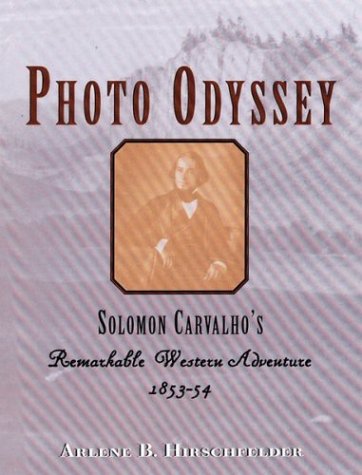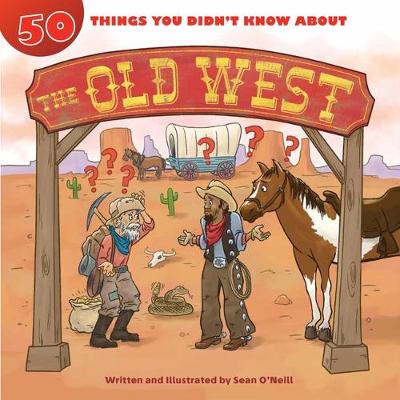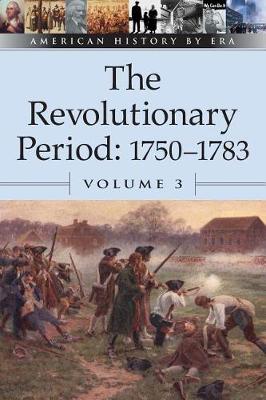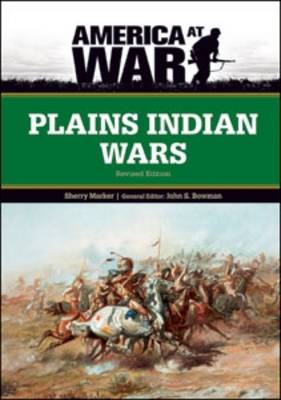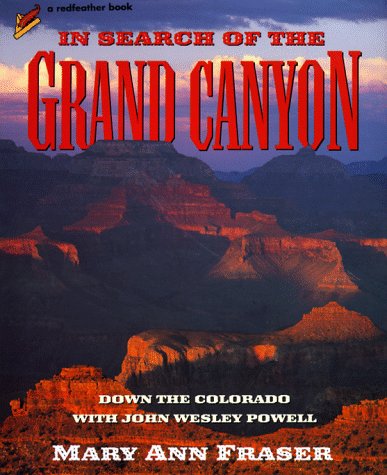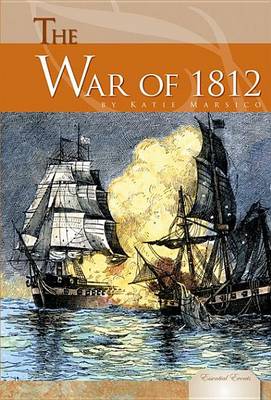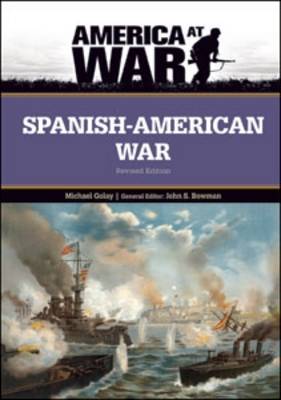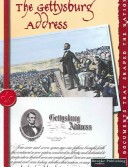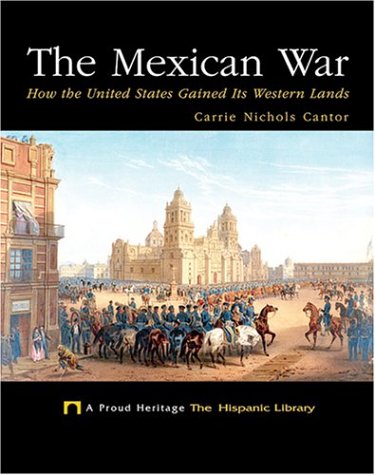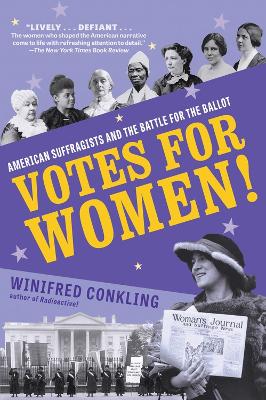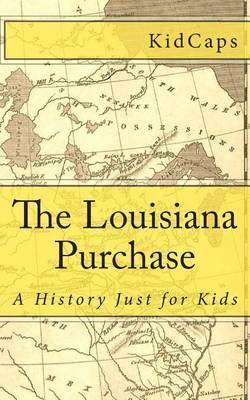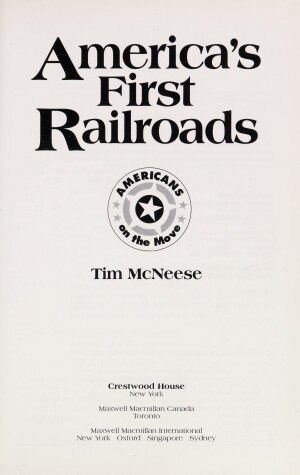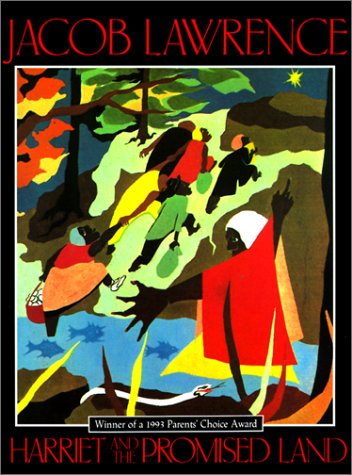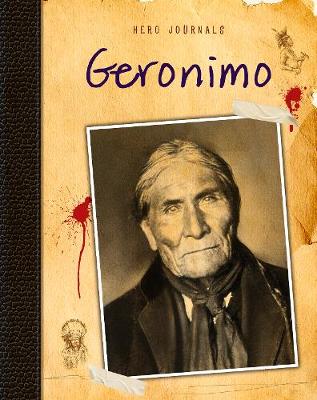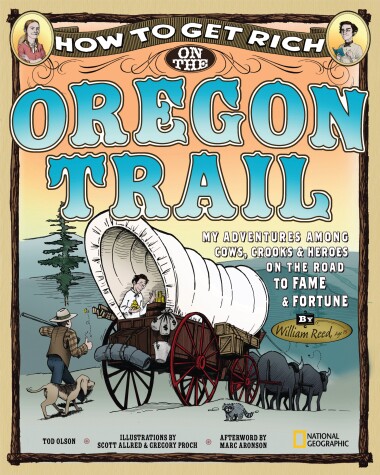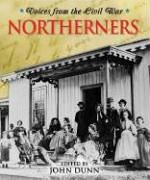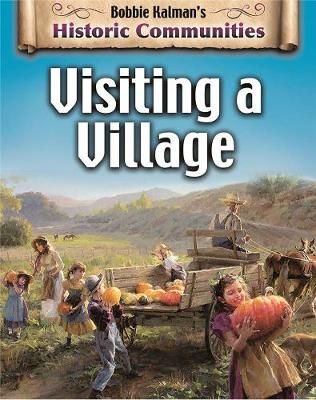Daily Life in America in the 1800s 15 Volume Set (Daily Life in America in the 1800s)
by Matthew Strange
Describes the life of Carvalho, a Jewish photographer who accompanied John Charles Fremont on his last expedition to the West.
50 Things You Didn't Know about the Old West (50 Things You Didn't Know about)
by Sean O'Neill
Emily Dickinson wrote short, often enigmatic poems that are widely read and quoted by people of every age. Yet, as well known as her poetry is, Dickinson as a person is considered to have been a mysterious recluse—a silent figure who wore only white, wrote in secret, never left her home, and had no interest in sharing her poetry. In Becoming Emily, young readers will learn how as a child, an adolescent, and well into adulthood, Dickinson was a lively social being with a warm family life. Highly...
The Revolutionary Period 1750-1783 (American history by era)
by Bruce Thompson
Plains Indian Wars (America at War) (America at War (Chelsea House))
by Sherry Marker
Greed, misunderstanding, and resentment characterized the relationship between early white settlers moving west and the Native American peoples of the Great Plains. As whites delved further into western territory, the U.S. government attempted to quell Native Americans' fears by signing treaties with various tribes, guaranteeing their rights and freedoms. However, almost every treaty was eventually broken by the settlers and the army, leading to distrust. The series of bloody confrontations tha...
War of 1812 (Essential Events Set 5) (Essential Events)
by Katie Marsico
Primary Sources of the Abolitionist Movement (Primary Sources of the Abolitionist Movement)
Spanish-American War (America at War) (America at War (Chelsea House))
by Michael Golay
The United States was swept into the Spanish-American War with the mysterious explosion of the USS Maine in Cuba's Havana harbor, which spurred a surge of anti-Spanish sentiment among Americans through the use of yellow journalism. Spanish-American War, Revised Edition gives a lively account of the events leading to war and of the ensuing battles fought on land and sea, ending with a thought-provoking assessment of this important conflict from which the United States emerged as a major player o...
From Canal Boy to President or the Boyhood and Manhood of James A. Garfield
by Horatio Alger
The Gettysburg Address (Documents That Shaped the Nation) (Documents That Shaped a Nation (Hardcover))
by David Armentrout and Patricia Armentrout
The Mexican War (Proud Heritage: The Hispanic Library)
by Carrie Nichols Cantor
Introduces the Mexican War, also called the Mexican-American War, its causes, course of events, and aftermath.
“Lively . . . Defiant . . . Pulling back the curtain on 100 years of struggle . . . The women who shaped the American narrative come to life with refreshing attention to detail.”—The New York Times Book Review For nearly 150 years, American women did not have the right to vote. On August 18, 1920, they won that right, when the 19th Amendment to the Constitution was ratified at last. To achieve that victory, some of the fiercest, most passionate women in history marched, protested, and sometimes...
A history of railroads in the American West.
The Civil War (African American History) (African-American History (Abdo))
by Jim Ollhoff
Summary, A brief biography in verse about Harriet Tubman and her dedicated efforts to lead her fellowslaves to freedom.
What was it like to live as a Native American in the Southwest? Why not let Geronimo tell you about it? You’ll read about his rise to power, his triumphant successes and devastating defeats in battle, and what general life was like for the Apache Indians. A postscript explains how and what happened after he died.
How to Get Rich on the Oregon Trail (How to Get Rich)
by Tod Olson
This next volume in the charmingly tongue-in-cheek How to Get Rich series hits the jackpot once again. How to Get Rich on the Oregon Trail continues the winning combination of authentic historical facts and entertaining fictional voices. The narrative offers good-humored and practical advice for a trip out west along the Oregon Trail. This whimsical recounting of one family’s journey to their new homestead will give readers an appreciation of the hardships faced by all those who signed up for t...
Presidents of a Growing Countr (American albums from the collections of the Library of Congress)
by Carter Smith
Visiting a Village (revised edition) (Historic Communities)
by Bobbie Kalman
This newly revised edition of Visiting a Village is an ideal introduction to understanding the concept of community. Children will learn how the people in early communities worked together with a spirit of cooperation by trading their goods and services with each other. Knowing about what they might see on their first visit to an historic site will help spark a child’s curiosity.In this book, they will meet such individuals as: the miller, the sawyer, the storekeeper, and the metal and woodworke...
Harriet Tubman (Little People, Big Dreams, #14)
by Maria Isabel Sanchez Vegara
Part of the critically acclaimed Little People, BIG DREAMS series, discover the incredible life of Harriet Tubman, the Underground Railroad conductor who 'never lost a single passenger.' Little Harriet was born into slavery on a plantation in Maryland. Though life was hard, Harriet persisted. She used all of her strength and bravery to escape slavery and journey north on the Underground Railroad. Harriet made the dangerous mission back to the South many times, fighting her whole life to bring...

